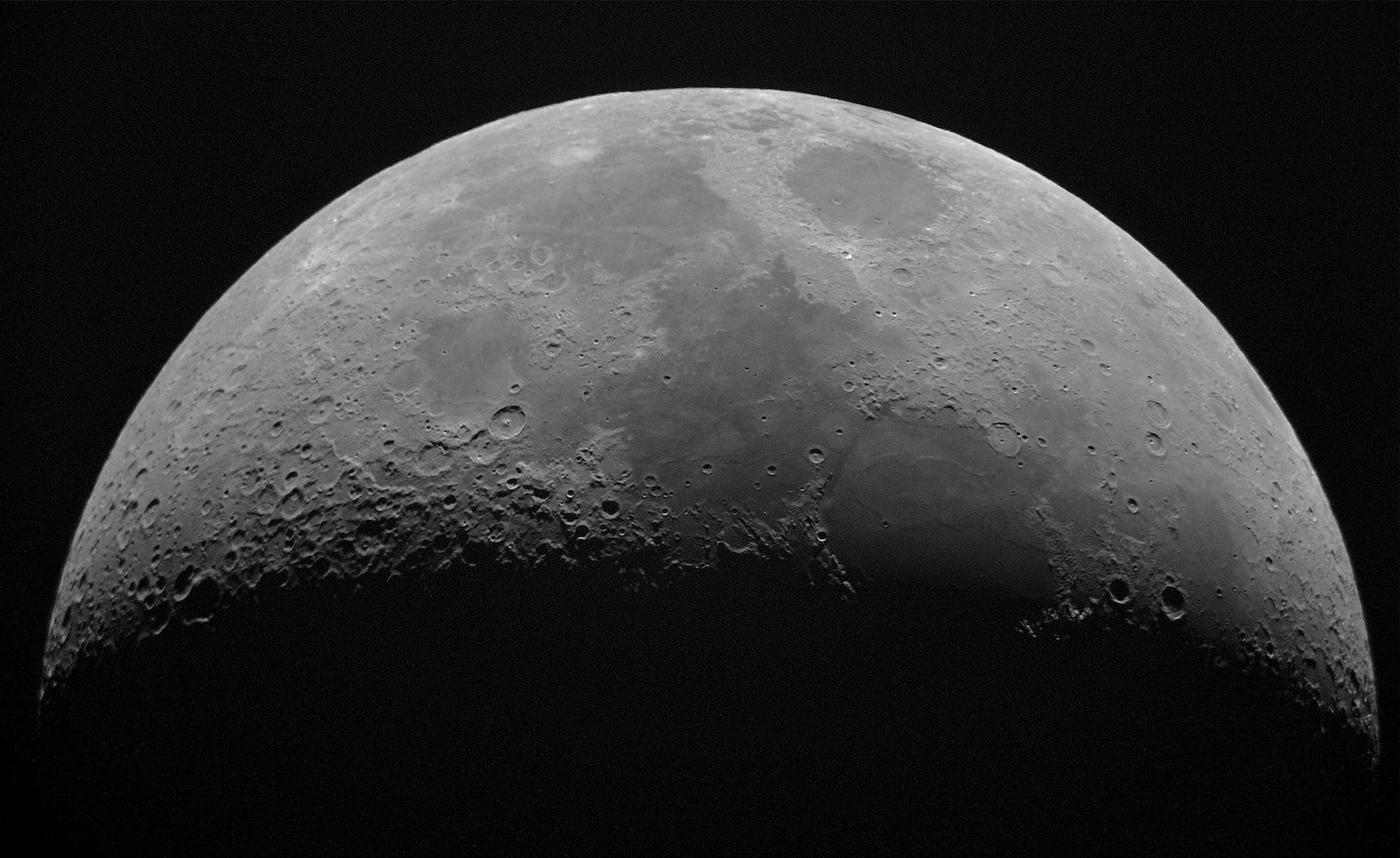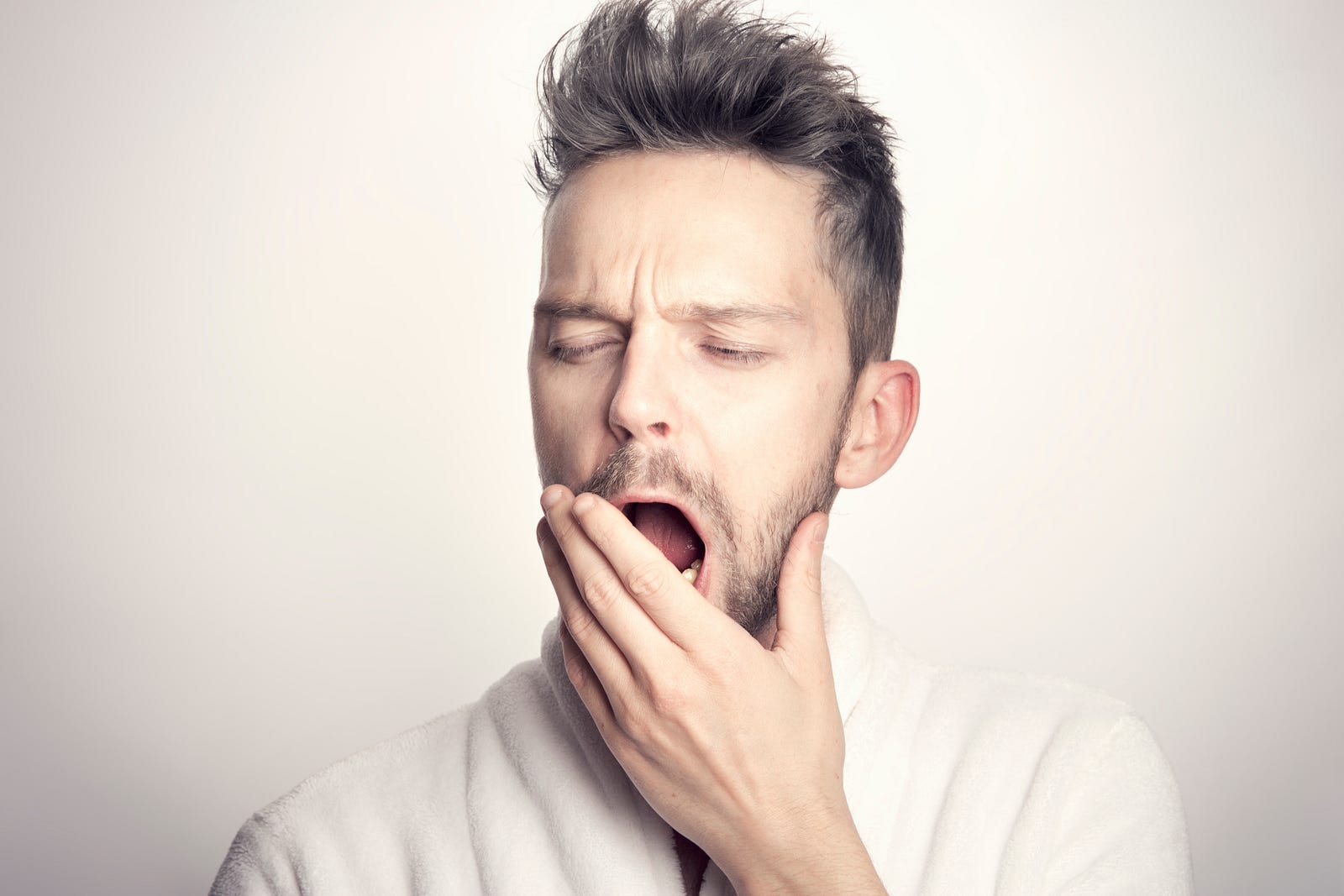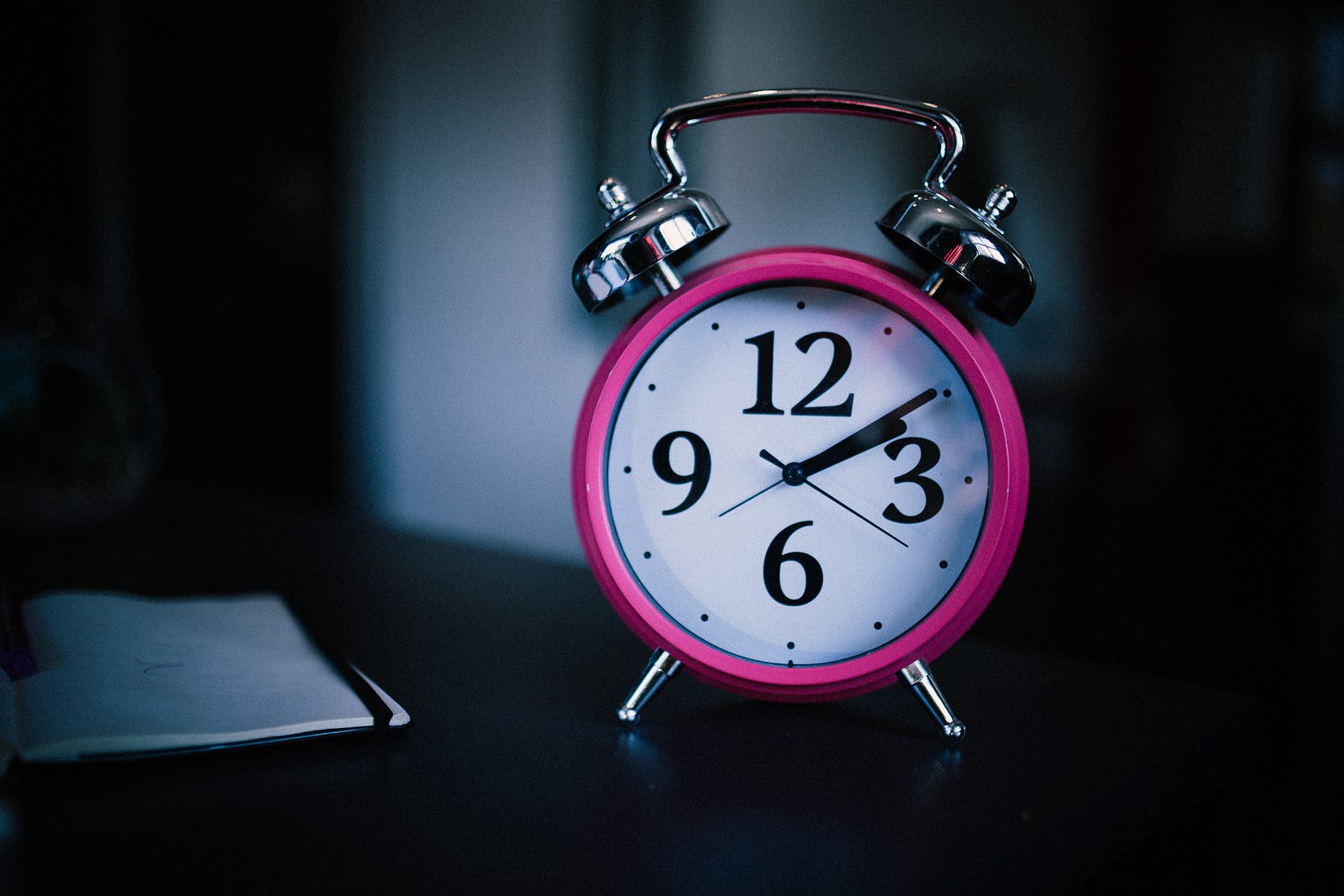DO YOU THINK OF MELATONIN AS A NOD-OFF MEDICINE? Melatonin is a hormone naturally produced by your brain. But melatonin is not a sleeping pill in the conventional sense. Today we discuss melatonin’s mechanism of action, whether it works, and why you should consult a healthcare provider before considering it.
Do you take the vampire hormone? Or, as some call it, the “hormone of darkness?”
“Innocent sleep.
Sleep that soothes away all our worries.
Sleep that puts each day to rest.
Sleep that relieves the weary laborer and heals hurt minds. Sleep, the main course in life’s feast, and the most nourishing.”
― William Shakespeare, Macbeth
What are circadian rhythms?
Your brain produces the hormone melatonin in small amounts. It does so in response to darkness. This hormone helps to regulate your 24-hour internal clock (circadian rhythm).
The National Institute of General Medical Sciences explains circadian rhythms this way:
“Circadian rhythms are physical, mental, and behavioral changes that follow a 24-hour cycle. These natural processes respond primarily to light and dark and affect most living things, including animals, plants, and microbes. Chronobiology is the study of circadian rhythms. One example of a light-related circadian rhythm is sleeping at night and awake during the day.”

What are biological clocks?
Biological clocks are the natural timing devices of organisms. They regulate our circadian rhythms. Biological clocks are made of proteins that interact with other cells in the body. The genes that compose the clocks’ molecules are similar in people, mice, fruit flies, fungi, and other organisms.

What is the master clock?
Our brain’s master clock coordinates all of our internal biological clocks. For vertebrates, the master clock comprises approximately 20,000 nerve cells that create the suprachiasmatic nucleus, or SCN. The SCN is in the hypothalamus and receives direct input from the eyes.
Genes and the circadian rhythm
Genes play a role in creating circadian rhythms. For example, the Cryptochrome and Period genes code for proteins that increase in the cell’s nucleus and night and decrease in the daytime.
Studies in fruit flies suggest that these proteins help activate feelings of wakefulness, alertness, and sleepiness. However, signals from the environment also affect circadian rhythms. For instance, exposure to light at a different time of day can reset when the body turns on Period and Cryptochrome genes.
Did you know?
Researchers Michael W. Young, Michael Rosbash, and Jeffrey C. Hall won the Nobel Prize in Physiology or Medicine in 2017 for their circadian rhythm research. They investigated fruit flies, isolating a gene that helps to control the body’s clock.
These researchers showed that the gene makes a protein that builds up in cells overnight and breaks down during the day. The process affects the timing of sleep, how well your brain works, and more.
In a press release, the Nobel Committee framed their discoveries in this way:
“Using fruit flies as a model organism, this year’s Nobel laureates isolated a gene that controls the normal daily biological rhythm. They showed that this gene encodes a protein that accumulates in the cell at night and is then degraded during the day. Subsequently, they identified additional protein components of this machinery, exposing the mechanism governing the self-sustaining clockwork inside the cell. We now recognize that biological clocks function by the same principles in cells of other multicellular organisms, including humans.”
How does melatonin work?
Melatonin is a natural brain-produced hormone that helps to control your sleep cycle. Overall, the process is associated with the amount of light around you.
Melatonin typically begins to rise after sunset and remains high throughout the night. The hormone then drops in the early morning, helping you to awaken. Given the rise at night and disappearing act during the day, melatonin is called the “Dracula of hormones.”

When sunlight hits the eyes, the pineal gland’s melatonin production is inhibited, and we stay awake. When no light hits the eyes, the pineal gland produces melatonin, and we become tired.
Melatonin biological activity
As you know, melatonin is crucial in regulating the sleep-wake cycle (circadian rhythm) and is involved in various biological activities. Here are some of the key biological activities of melatonin:
- Regulation of sleep-wake cycle. Melatonin is involved in sleep-wake cycle regulation. Its production increases in response to darkness, signaling the body to prepare for sleep. It helps promote sleep and regulate the timing and duration of sleep.
- Antioxidant activity. Melatonin is a potent antioxidant that helps protect cells from damage caused by harmful free radicals. It can easily cross cell membranes and reach various body parts, scavenging free radicals and reducing oxidative stress.
- Immune system modulation. Melatonin has immunomodulatory effects, meaning it can influence the activity of the immune system. It helps regulate immune responses, including the production and activity of immune cells, cytokines, and other immune factors.
- Regulation of reproductive function. Melatonin regulates reproductive function, including the timing of puberty, menstrual cycle regulation in women, and semen quality in men. It influences the secretion of reproductive hormones, such as luteinizing hormone (LH) and follicle-stimulating hormone (FSH).
- Blood pressure regulation. Melatonin can help regulate blood pressure by promoting vasodilation (widening blood vessels) and reducing oxidative stress. It has been shown to have a mild hypotensive (blood pressure-lowering) effect.
- Anti-inflammatory effects. Melatonin was first reported as a powerful antioxidant and free radical scavenger in 1993. Melatonin has anti-inflammatory properties and can help modulate the inflammatory response. It can inhibit the production of pro-inflammatory molecules and reduce inflammation in various tissues and organs.
- Weight regulation.
These are some of the key biological activities of melatonin. However, it’s important to note that further research is still being conducted to fully understand the extent of melatonin’s effects and potential therapeutic applications.
Does melatonin have therapeutic value?
Research on melatonin use for specific conditions shows:
- Circadian rhythm sleep disorders in blind people. Melatonin can help improve sleep disorders in children and adults.
- Delayed sleep phase (delayed sleep-wake phase sleep disorder). Here, the sleep pattern is delayed two hours or more from a conventional sleep pattern. This results in an individual going to sleep (and awakening) later. Melatonin can reduce the time needed to fall asleep and advance sleep initiation in adults and children with this condition. Please talk to your child’s healthcare provider before considering melatonin use.

- Insomnia. Melatonin might reduce the time it takes to fall asleep, but its effects on sleep quality and total sleep time aren’t clear. Older melatonin-deficient adults might get benefit from insomnia.
- Jet lag. Melatonin can improve jet lag symptoms, including daytime sleepiness and alertness.
- Shift work disorder. It is still being determined whether melatonin helps those with non-traditional work hours.
- Sleep disorders in children. Small studies have suggested melatonin might help treat sleep disturbances in children with several disabilities. However, good bedtime habits are usually recommended as an initial treatment. Talk to your child’s doctor before giving melatonin to a child.
Improving your sleep
Most of us produce adequate melatonin for sleep. Let’s start with some steps to take advantage of your natural melatonin production. Alternatively, you might consider the short-term use of a supplement if you have insomnia, want to try to reduce jet lag, or need to go to sleep (and awaken) earlier.
First, recognize that melatonin levels rise approximately two hours before bedtime. Consider lowering your lights before bed.
Second, consider using filters to screen out the green and blue wavelengths of light emitted by your computer and smartphone. Your brain associates such light with daytime, interfering with melatonin’s sleep-inducing effects. I use blue light-blocking goggles in the evening if I need to use my smartphone or computer. There are lots of blue light-blocking options in stores and online.
Third, as melatonin levels peak about two hours before bedtime, avoid using your tablet, smartphone, or computer. Avoid bright overhead lights. Finally, set your body up for sleep by getting daytime exposure in the morning and afternoon. I try to walk outside or sit beside a sunny window.
Consider melatonin for occasional insomnia.
Consider a melatonin supplement if you have challenges sleeping for over a night or two. Melatonin supplementation might help someone with insomnia fall asleep slightly faster. There can be even more benefits for those with delayed sleep phase syndrome (falling asleep late and awakening late the next day).
Even good sleepers occasionally have sleep challenges, with trouble falling or staying asleep. You might try melatonin for sleep if you have trouble for more than a night or two. Melatonin supplements may help those with insomnia fall asleep slightly more quickly.
Johns Hopkins Medical Center (USA) clinicians explain that less is more. Consider one to three milligrams of melatonin two hours before bedtime.
Aiming to ease jet lag? Consider taking melatonin two hours before your bedtime at your destination, beginning a few days before your trip. You can adjust your sleep-wake schedule to synch with your new time zone by staying awake when you reach your new destination. Delay your sleep until your usual bedtime in the new time zone. Also, get outside for natural light exposure.
How effective is melatonin?
A 2013 PLOS One study illustrates the promise of melatonin for sleep problems. The analysis combined results from 19 studies (including 1,683 women and men). Here are the findings:
Those taking melatonin supplements fell asleep seven minutes faster and increased overall sleep time by eight minutes.

While eight extra minutes of zzz’s may not sound like much, there was a lot of variability. Moreover, melatonin appeared to improve overall sleep quality, including the sensation of awakening and feeling refreshed.
For some, melatonin works like a charm. For others, it causes a hungover or groggy sensation the next morning. I have heard patients describe more vivid dreams while on melatonin. Finally, many studies show melatonin results to be comparable to a placebo, but the more I learn about placebos, the more I appreciate their therapeutic upsides for many.
Know when to discontinue melatonin.
If melatonin doesn’t provide value within a week or two, stop taking it. If the sleep issues persist, please chat with your healthcare provider. On the other hand, if the melatonin works, it is generally safe to continue nightly for a month or two. After that, stop and reassess your sleep. And don’t forget to lower the lights and sleep in a dark and cool bedroom.
Melatonin supplements are not appropriate for pregnant or breastfeeding individuals. Those with autoimmune disorders, depression, or seizures would also avoid supplementation. Finally, if you have high blood pressure or diabetes, please talk with your healthcare provider before considering melatonin use.
Melatonin safety
The Mayo Clinic (USA) offers that our body produces adequate melatonin for our general needs. However, melatonin supplements promote sleep for many and are generally safe for short-term use. SDtill, melatonin should be used under a healthcare provider’s supervision.
Melatonin can cause side effects, including the following:
- Dizziness
- Headache
- Nausea
- Drowsiness
Less common melatonin side effects might include short-lasting feelings of depression, mild tremors, mild anxiety, abdominal cramps, irritability, reduced alertness, confusion, or disorientation.
Because melatonin can cause daytime drowsiness, don’t drive or use machinery within five hours of taking the supplement.
Melatonin drug interactions
Possible drug interactions include the following:
- Anticoagulants and anti-platelet drugs, herbs, and supplements. These drug types, herbs, and supplements reduce blood clotting. Combining the use of melatonin with them might increase the risk of bleeding.
- Anticonvulsants. Melatonin might inhibit the effects of anticonvulsants and increase the frequency of seizures, particularly in children with neurological disabilities.
- Blood pressure drugs. Melatonin might worsen blood pressure in people taking blood pressure medications.
- Central nervous system (CNS) depressants. Melatonin used with these medications might cause an additive sedative effect.
- Diabetes medications. Melatonin might affect sugar levels. If you take diabetes medications, talk to your doctor before using melatonin.
- Contraceptive drugs. Using contraceptive drugs with melatonin might cause an additive sedative effect and increase the possible side effects of melatonin.
- Cytochrome P450 1A2 (CYP1A2) and cytochrome P450 2C19 (CPY2C19) substrates. Use melatonin cautiously if you take drugs such as diazepam (Valium, Valtoco, others) and others affected by these enzymes.
- Fluvoxamine (Luvox). This medication used to treat obsessive-compulsive disorder can increase melatonin levels, causing unwanted excessive drowsiness.
- Immunosuppressants. Melatonin can stimulate immune function and interfere with immunosuppressive therapy.
- Seizure threshold lowering drugs. Taking melatonin with these drugs might increase the risk of seizures.
Dosing
You don’t need much melatonin to see a benefit. Taking more does not make it work faster or better. Begin with a small dose. If you need more, you can slowly take more over time.
Oh, one more thing (since I put it in the title): I don’t think of melatonin as a “sleeping pill.” Unlike many prescription sleeping pills, melatonin is not a sedative. Melatonin signals the body that it is nighttime, supporting your natural sleep-wake cycles.
5 Things You Need to Do to Get Better Sleep, Backed by Science
SLEEP IS STRONGLY regulated by biological drive, but the ability to fall asleep at your preferred time and to maintain…medium.com
If you know someone with breast cancer, here is my comprehensive online course:
Breast Cancer – What a Patient Needs to Know
Breast cancer information can be incredibly valuable for navigating breast cancer management. This Breast Cancer – What…breastcancerbydrhunter.thinkific.com
The information I provided in this blog is for educational purposes only and does not substitute for professional medical advice. Please consult a medical professional or healthcare provider for medical advice, diagnoses, or treatment. I am not liable for risks or issues associated with using or acting upon the information in this blog.
Thank you for reading “Melatonin is Not a Sleeping Pill.”




